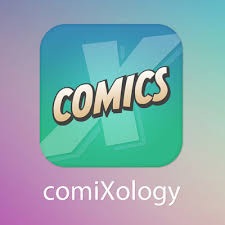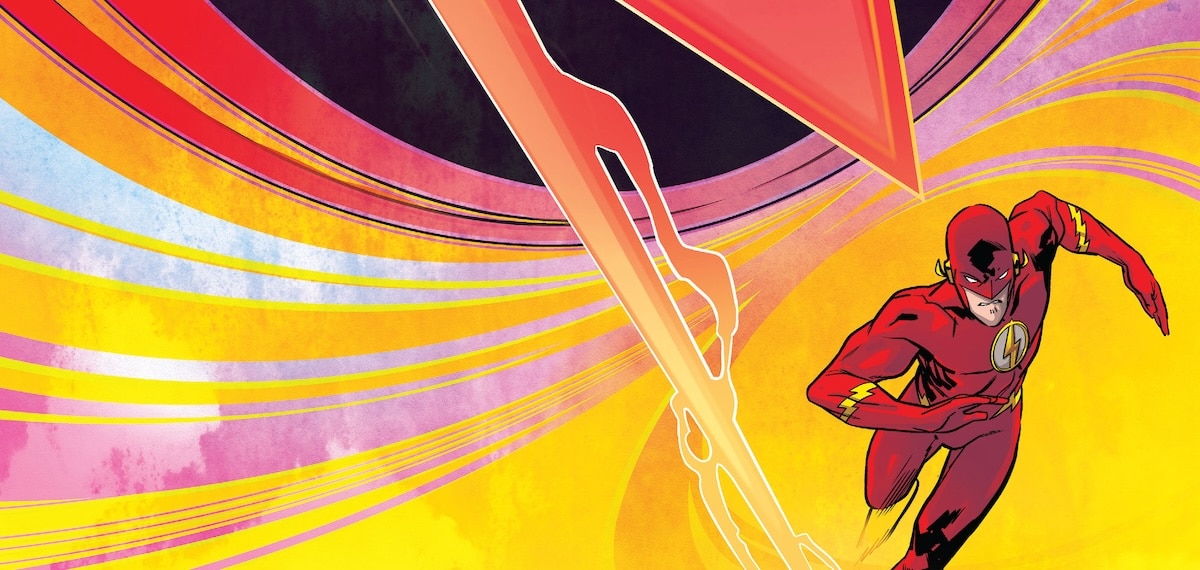 by Rob Salkowitz
by Rob Salkowitz
Is Amazon’s acquisition of comiXology the beginning of the end, or just the end of the beginning, of digital comics’ golden age?
It didn’t take a genius to predict that something was going to happen with comiXology this year. The company had come too far, too fast. The iron was hot. The only question was, what form would the exit take? IPO? Acquisition? If so, by whom?
Yesterday we found out. It was the short-odds bet, the prohibitive favorite, that ended up in the money.
Amazon was always the most likely home for the winner of the digital comics derby. I said as much in Comics and the Business of Pop Culture, which came out in 2012, but I wasn’t alone. The largest online merchant, purveyor and would-be publisher of digital content, and cloud computing host is simply too good a fit for the top cloud-based digital revenue app and self-publishing platform.
But now that it’s official, there’s a bit of a chill in the air, almost as cold as the champagne on ice at the comiXology offices. Yes, it’s great for them and it’s great for Amazon. But is it great for the rest of us?
Why now? Rumors had been flying about a comiXology exit for a while, and when the story of an Amazon acquisition surfaced a couple of weeks ago, no one was surprised. The company had been doing everything that you do when you want to get bought: primping itself up for the mainstream and business press, talking about growth and market opportunities rather than dwelling on previous successes, hiring executives who inspire confidence in the larger financial community, cutting costs by retrenching from previous sponsorships, and then going eerily quiet.
For those of us accustomed to a constant drumbeat of comiXology announcements, releases and infographics, this last detail was as sure a clue that something was up as the famous dog that didn’t bark.
Why worry? As inevitable as comiXology’s Amazon adventure seems in retrospect, it’s still a shock. Part of that is because it took the comics world a long time to warm up to the idea of digital distribution at all.
comiXology did many things right in its rise to the top in terms of technology, industry partnerships and outmaneuvering competitors, but no achievement ranks as highly as winning over the skeptics. It did that with a full-court press of above-and-beyond efforts to sustain the entire comics/fandom ecosystem, not just line its own pockets.
Unlike other digital upstarts who blithely predicted the demise of the old distribution system, comiXology bent over backward to allay fears, all the while suggesting that digital would help, not hurt, print.
Early in the game, comiXology created an affiliate program to enable brick and mortar retailers in comics’ embattled direct market to participate in revenues from digital sales, which the company recently upgraded to tablet-friendly HTML5 templates. While not a perfect solution, this program represents a greater effort than music or video distributors attempted in terms of sustaining a physical retail channel.
In early 2013, it launched the comiXology Submit! portal to enable self-publishers and independent creators to list their titles in comiXology’s catalog alongside branded best sellers. So far, the company has followed through on commitments to publicize and promote these works, and is working on a recommendation engine to bring lesser-known works to the attention of more mainstream fans.
comiXology has bestowed its largess across the fan landscape, becoming a name sponsor of many of the industry’s largest conventions, a benefactor of creator friendly groups like the Comic Book Legal Defense Fund, and the host of lavish and popular parties at San Diego, New York, Baltimore and other large fan gatherings.
That’s a hell of a record, and a lot of it comes directly from CEO David Steinberger’s genuine affection for comics culture, combined with his rare ability to see business success as a broad, long-term goal – a mission seemingly shared by his entire team.
Is that affection or outlook shared by Amazon? As the Magic 8-ball would say, signs point to no.
What next? ComiXology trod a very narrow path toward a brand of success that was not a zero-sum gain. Ham-fisted management could mess things up in a variety of ways, including:
- Violating the platform neutrality that has served comiXology well, tipping off some kind of war with Apple and Google, or somehow trying to lock people into the Kindle ecosystem.
- Showing favoritism among publishers based on willingness to play ball with Amazon’s terms.
- Driving one or both of the Big Two to think they’d be better off selling through their own channels than the unified storefront that offers fans so much convenience and choice.
- Forcing creators into a less advantageous self-publishing situation than they currently enjoy with Submit.
Steinberger’s open letter on the acquisition yesterday assures fans and customers that “ComiXology will retain its identity as an Amazon subsidiary and we’re not anywhere near done “taking comics further.”
Press releases cite examples “from Audible to Zappos” of Amazon acquisitions that have been allowed to do business as usual, just with more support and a bigger platform. And it’s true that Amazon, unlike, say, Yahoo or Microsoft, does not have a record of smothering its adopted children under rolls of fat or strangling them in the crib.
That’s encouraging, but the plain fact is that independent and successful comiXology was a clean win for comics, fans, publishing and even brick and mortar retailers, whereas a comiXology nestled under the wing of a rapacious predator raises concern.
Endless summer? In my book, the forecast where Amazon acquired comiXology was part of a scenario called “Endless Summer,” wherein a highly-commercialized geek culture is dominated by giant corporate interests. Other features of that scenario include a Disney/Marvel theme park, a DC division entirely subsumed within Warner Entertainment (now merged with Facebook) out of Burbank, comic megaconventions as far as the eye can see, and the debut of a Power Man/Iron Fist musical on Broadway.
That wasn’t the only available future for geek culture in 2011/2012, but it certainly seems to be the one we are headed towards. And we just took another large step in that direction yesterday.
— Rob Salkowitz (@robsalk) is author of Comic-Con and the Business of Pop Culture and is working on a new project on the future of marketing and retail in the digital age.








Not sure what the point of your artice was.
Does the Power Man/Iron Fist musical also feature Master of Kung Fu?
Good article. Yes, the future is mixed. There are no collectibles with digital media, so where will this direction all land?
I stopped using comiXology once I understood that I had no access to the files of the comics I had “purchased”. From what I could determine the comics were not evened backed up when I backed up my iPad. I asked the company why they choice this method and expressed a number of concerns. The reply I got was a “don’t worry”. It will always be on the servers for redownload. I find that always assuming you will be in business forever is an idiotic business plan.
My hunch is that the day will come when the comic rental agreement will end, and you will need to purchase your digital comics in order to see them.
Comments are closed.